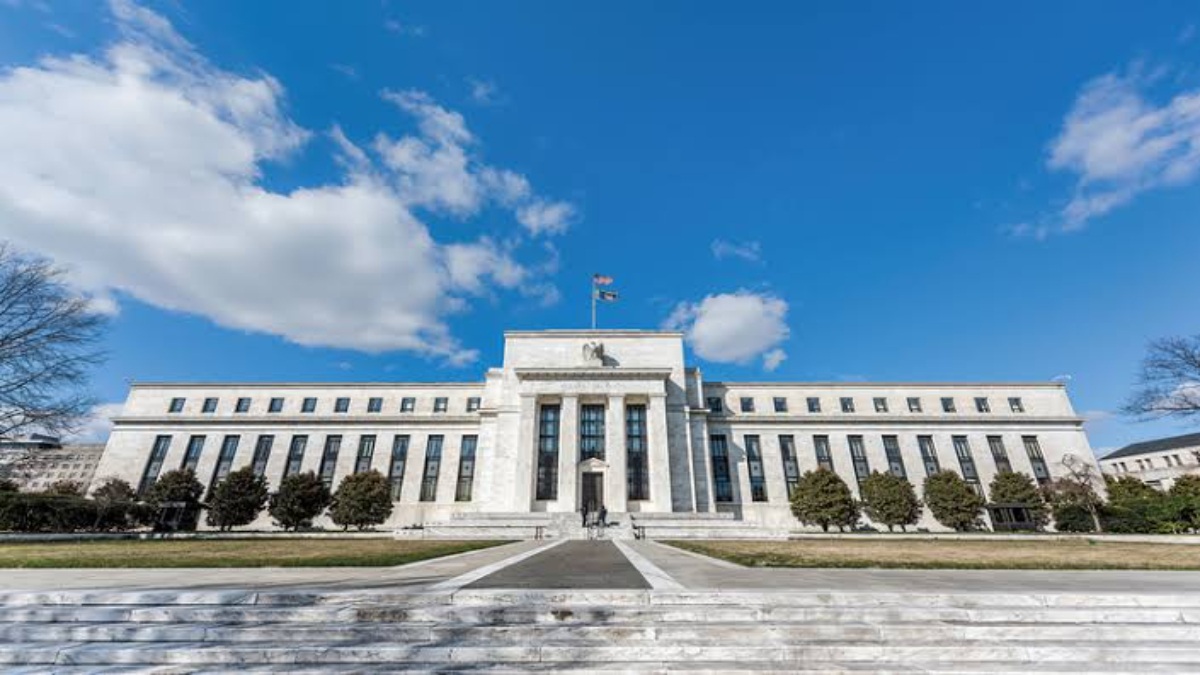Capital is a Coward
Money does not vote, but it certainly hedges. As of October 24, 2025, the smart money is fleeing the I-95 corridor. With only eleven days remaining until the Virginia gubernatorial election, the race between Abigail Spanberger and her Trump-aligned opponent has ceased to be a mere political contest. It is now a high-stakes referendum on the survival of the Northern Virginia economy. The spread on credit default swaps for local municipal bonds is widening. The reason is simple. The risk of a federal purge is being priced in for the first time in a generation.
The Technical Mechanism of the Collapse
At the heart of this volatility is Schedule F. If Donald Trump’s influence prevails in the Commonwealth, it signals a green light for the wholesale reclassification of up to 50,000 federal employees. This is not just a policy shift. It is a financial detonator. Under the proposed restructuring, tens of thousands of civil servants in Northern Virginia would lose their employment protections, making them subject to immediate removal or relocation to the Midwest. For the commercial real estate market in Arlington and Alexandria, this is a terminal event. Per the latest Reuters market report, vacancy rates in the D.C. metro area are already hovering at record highs. A mass exodus of federal renters would collapse the Commercial Mortgage-Backed Securities (CMBS) market that underpins the region’s development.
Defense Stocks and the CIA Factor
Investors are looking at Abigail Spanberger not as a politician, but as a firewall. Her background in the CIA and her seat on the House Intelligence Committee have made her the preferred candidate for the military-industrial complex. The “Deep State” is her base. When she speaks of stability, she is talking about the continued flow of discretionary spending to contractors like General Dynamics and Northrop Grumman. According to the General Dynamics Q3 10-Q filing released yesterday, backlog orders remain strong, but the fine print warns of “significant legislative uncertainty” regarding the 2026 fiscal budget. A Spanberger victory keeps the status quo. A Trump-backed win suggests a pivot toward aggressive decentralization that could tear up existing service contracts.
The Alpha in the Data Centers
While the headlines focus on the candidates, the real movement is in the data center REITs. Northern Virginia houses the largest concentration of data centers in the world. This infrastructure is the physical backbone of the AI boom. However, these facilities rely on a stable, predictable regulatory environment and a massive influx of federal research dollars. A disruptive political shift threatens the power-grid expansion projects currently underway. If the federal government pivots away from the D.C. orbit, the tax base required to maintain the high-load energy infrastructure of Loudoun County could vanish. The risk-reward ratio for names like Equinix (EQIX) and Digital Realty (DLR) is currently being rewritten in real-time as the 10-year Treasury yield sits stubbornly at 4.82 percent, as noted in the Yahoo Finance market summary for the defense sector.
Quantifying the Risk Premium
The following table illustrates the divergence in sentiment between the “Stability Plays” (Spanberger-aligned) and the “Disruption Plays” (Trump-aligned) as of this morning, October 24, 2025.
| Asset Class | Risk Factor | 30-Day Sentiment Shift | Exposure Level |
|---|---|---|---|
| NoVa Commercial REITs | Schedule F Relocation | -14.2% | Extreme |
| Defense Prime Contractors | Budget Decentralization | -5.8% | Moderate |
| Energy Infrastructure | Grid Regulation Shift | +2.1% | Low |
| Federal Consulting Firms | Direct Job Cuts | -18.4% | Critical |
The Pivot Point
The paper trail leads to a singular conclusion. The market is no longer betting on policy. It is betting on geography. If Spanberger holds the line in Virginia, the Beltway remains the center of the financial universe. If she fails, we are witnessing the beginning of a Great Relocation that will devalue trillions in D.C.-adjacent assets. The spreadsheet does not care about slogans. It cares about the certainty of the next rent check. Right now, that certainty is evaporating. Watch the January 2026 contract renewals for federal office space. That is the next specific data point that will confirm if the Beltway’s dominant era has reached its terminal phase.



